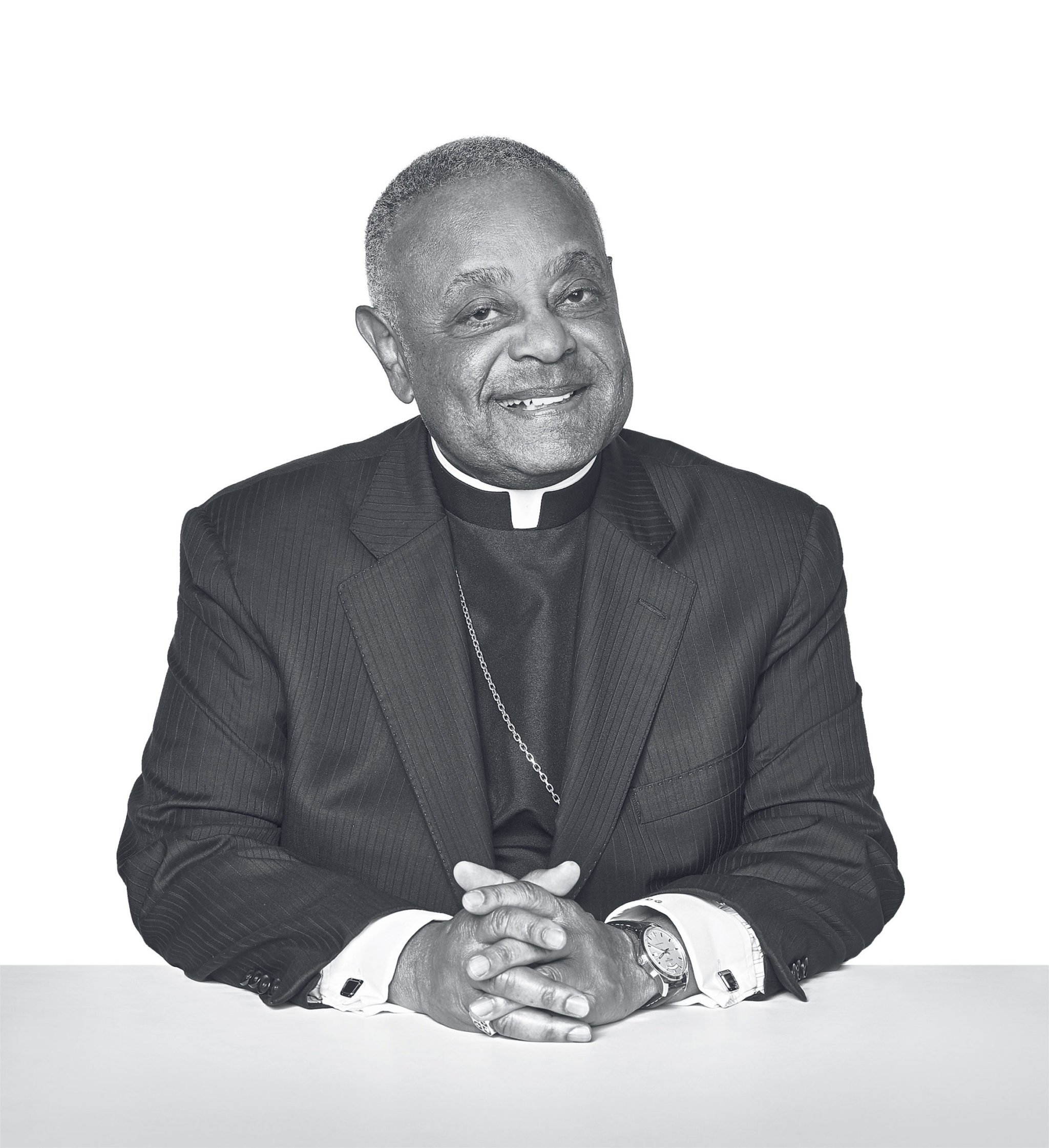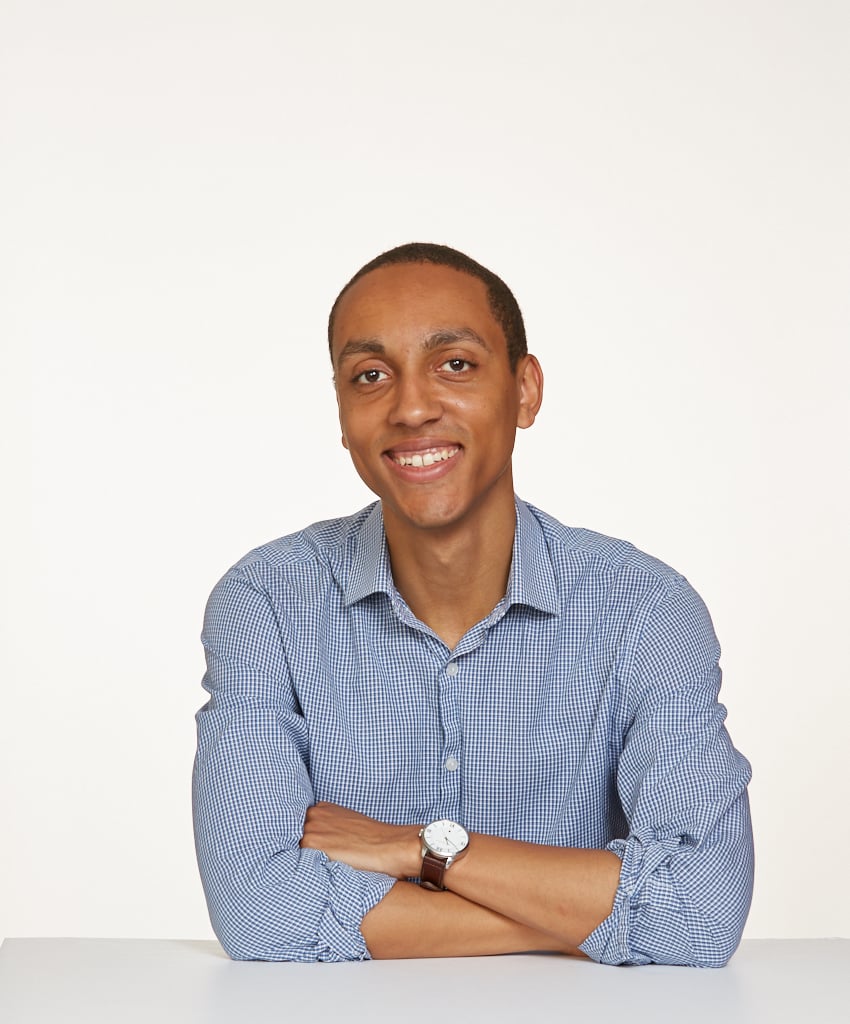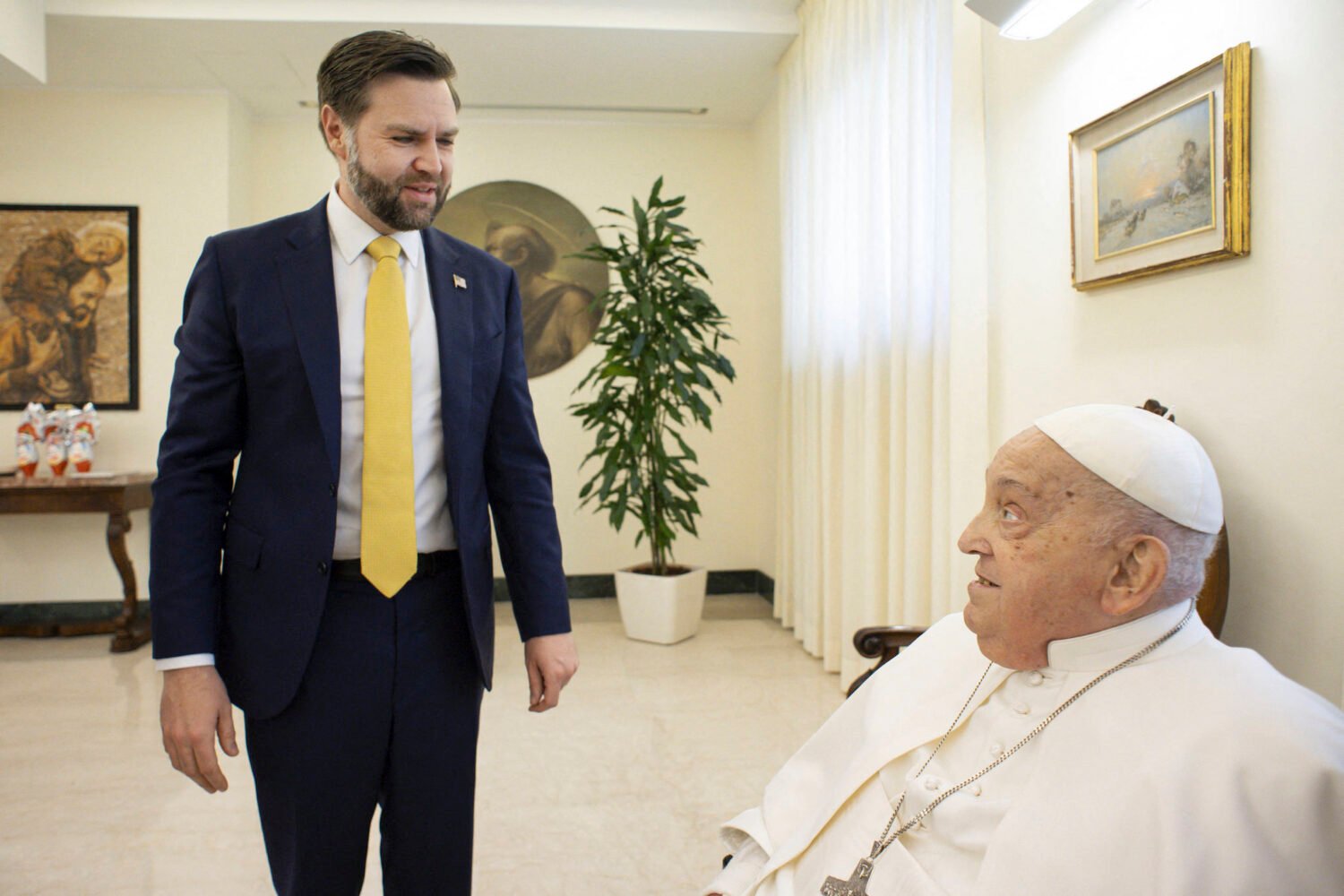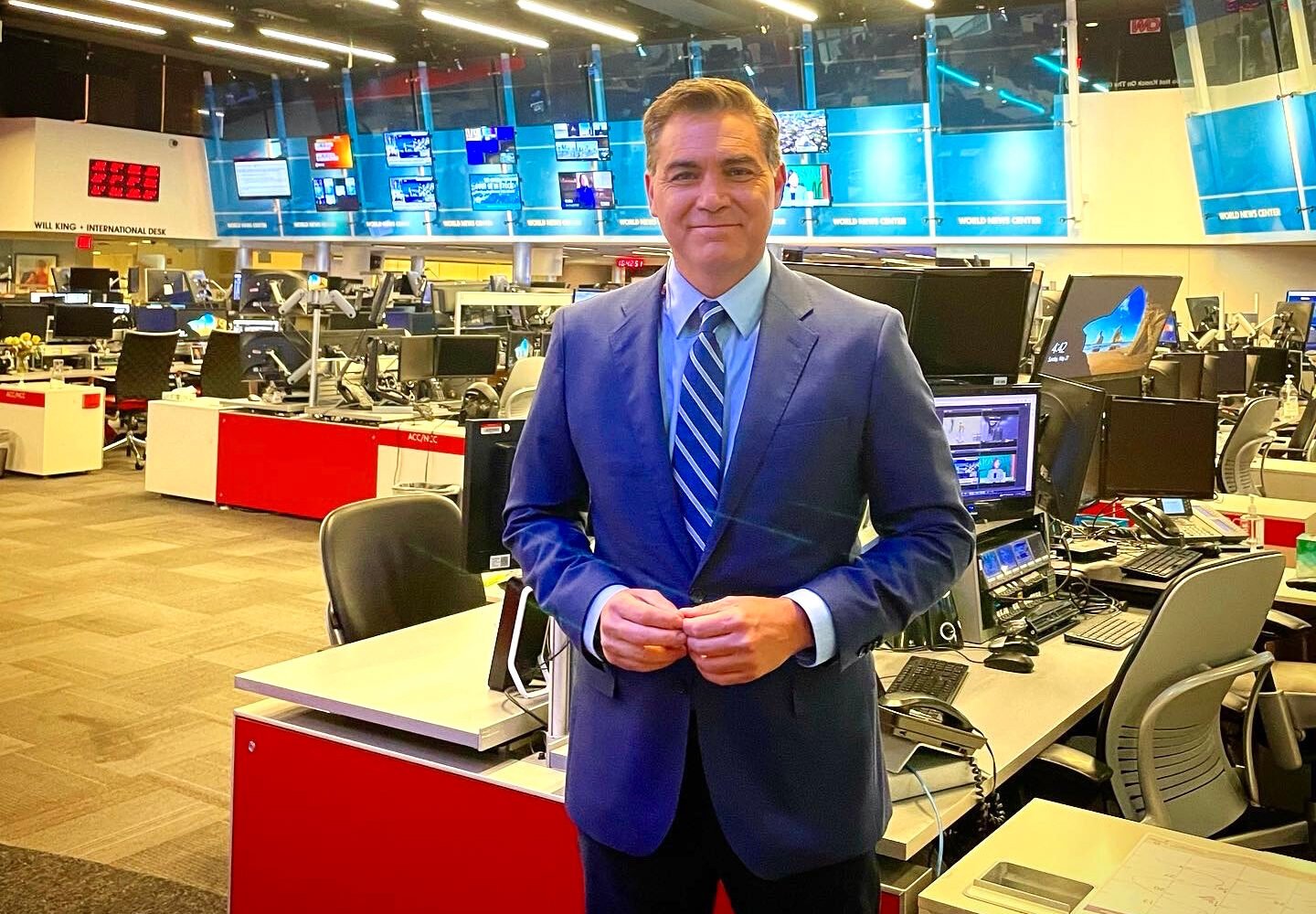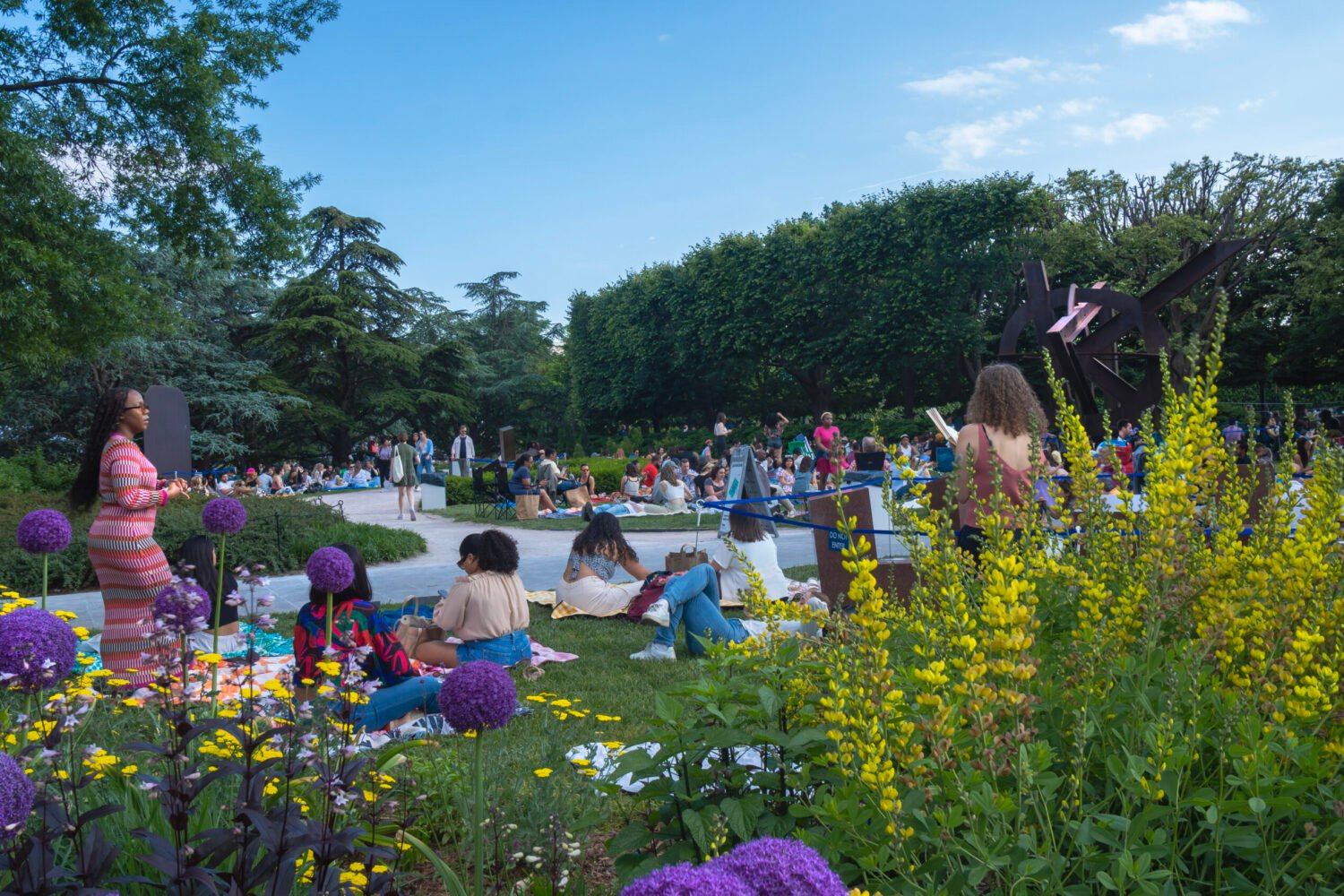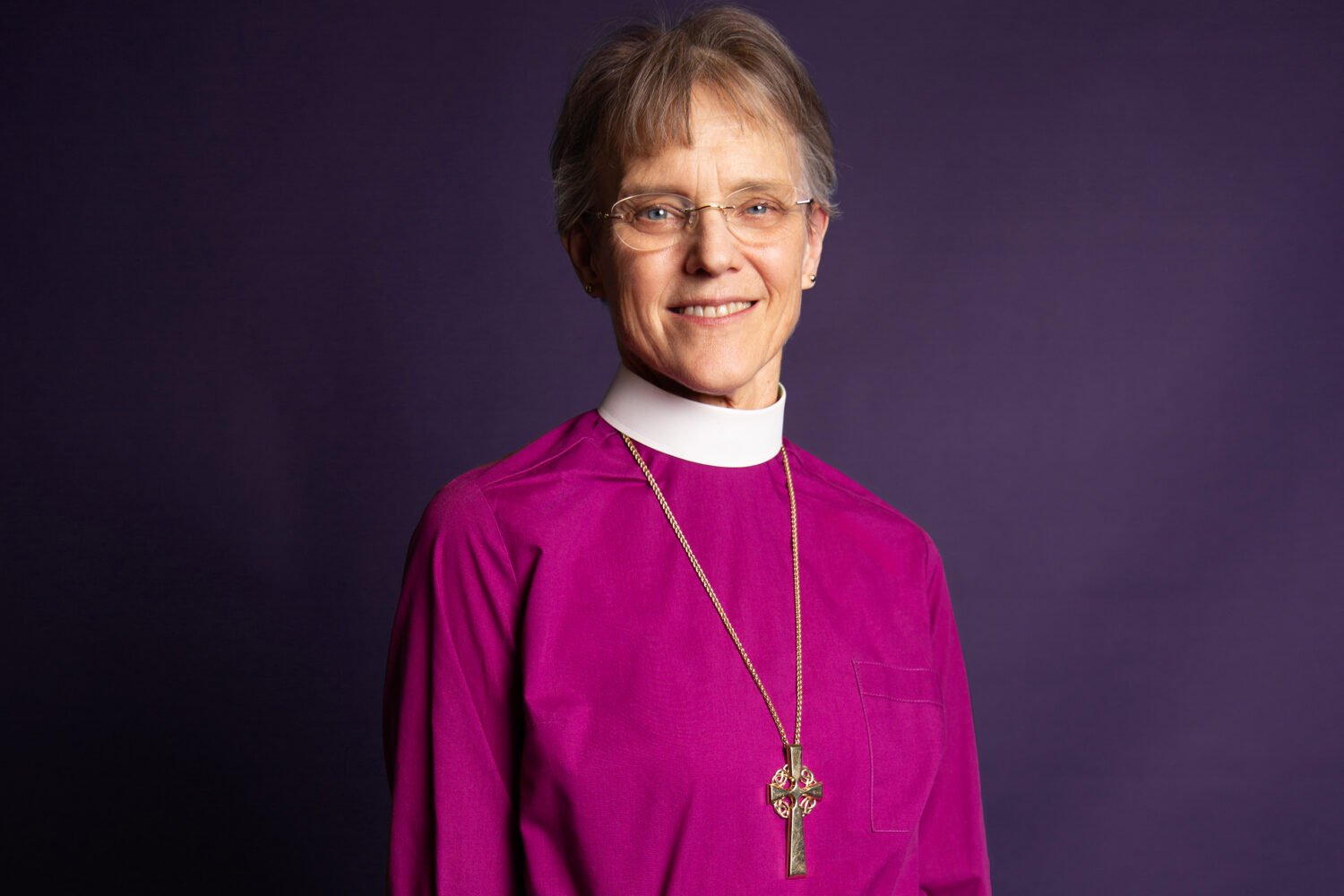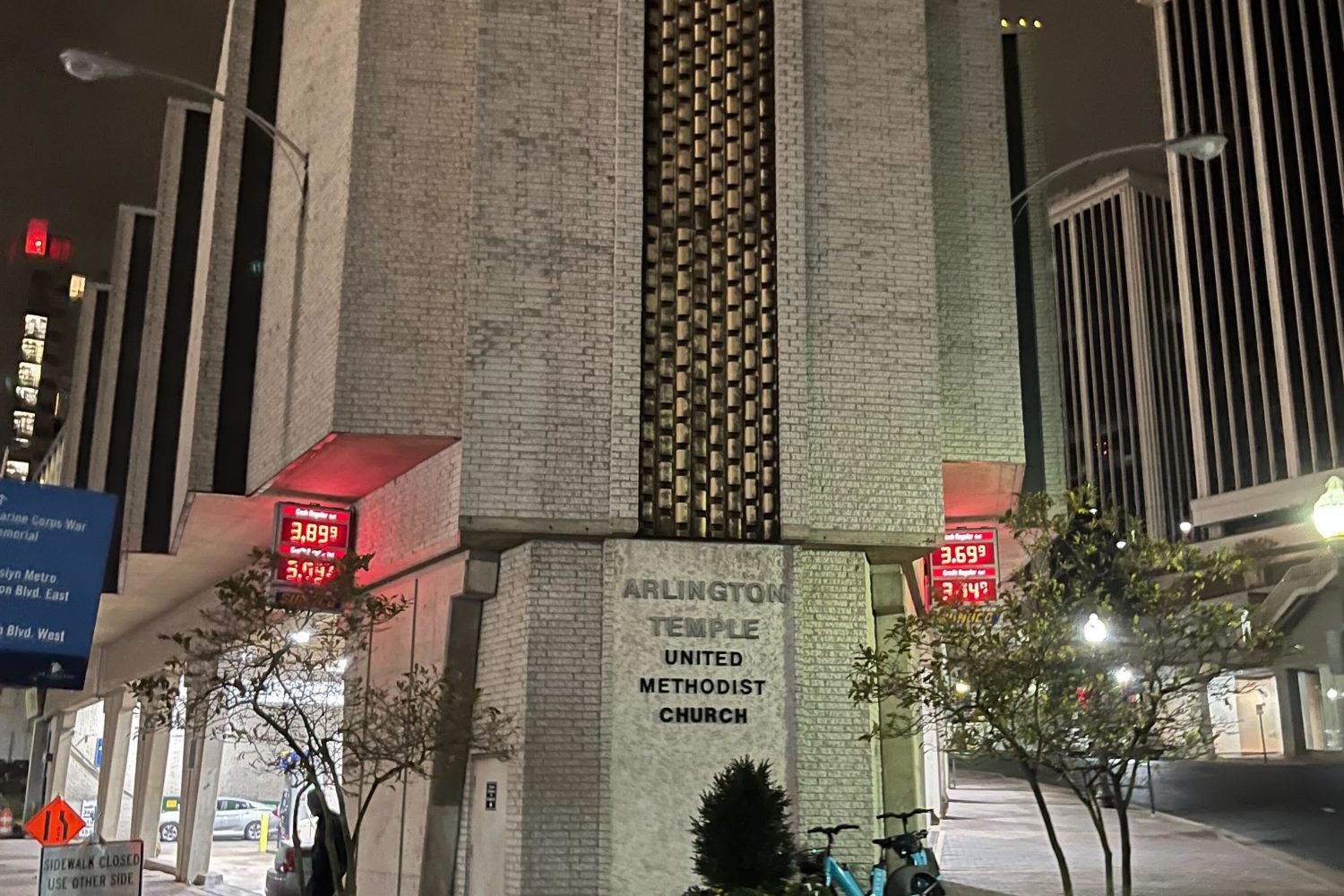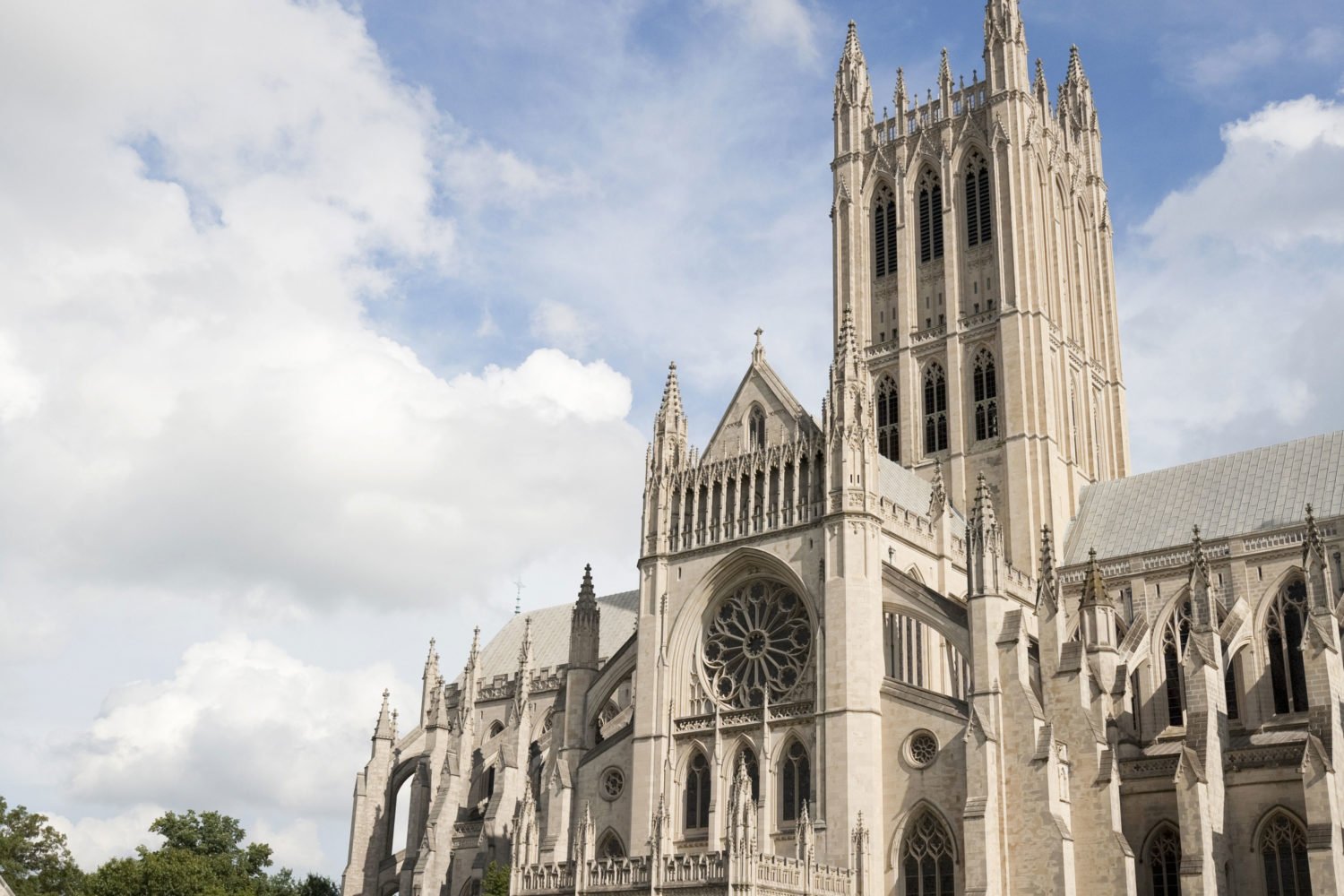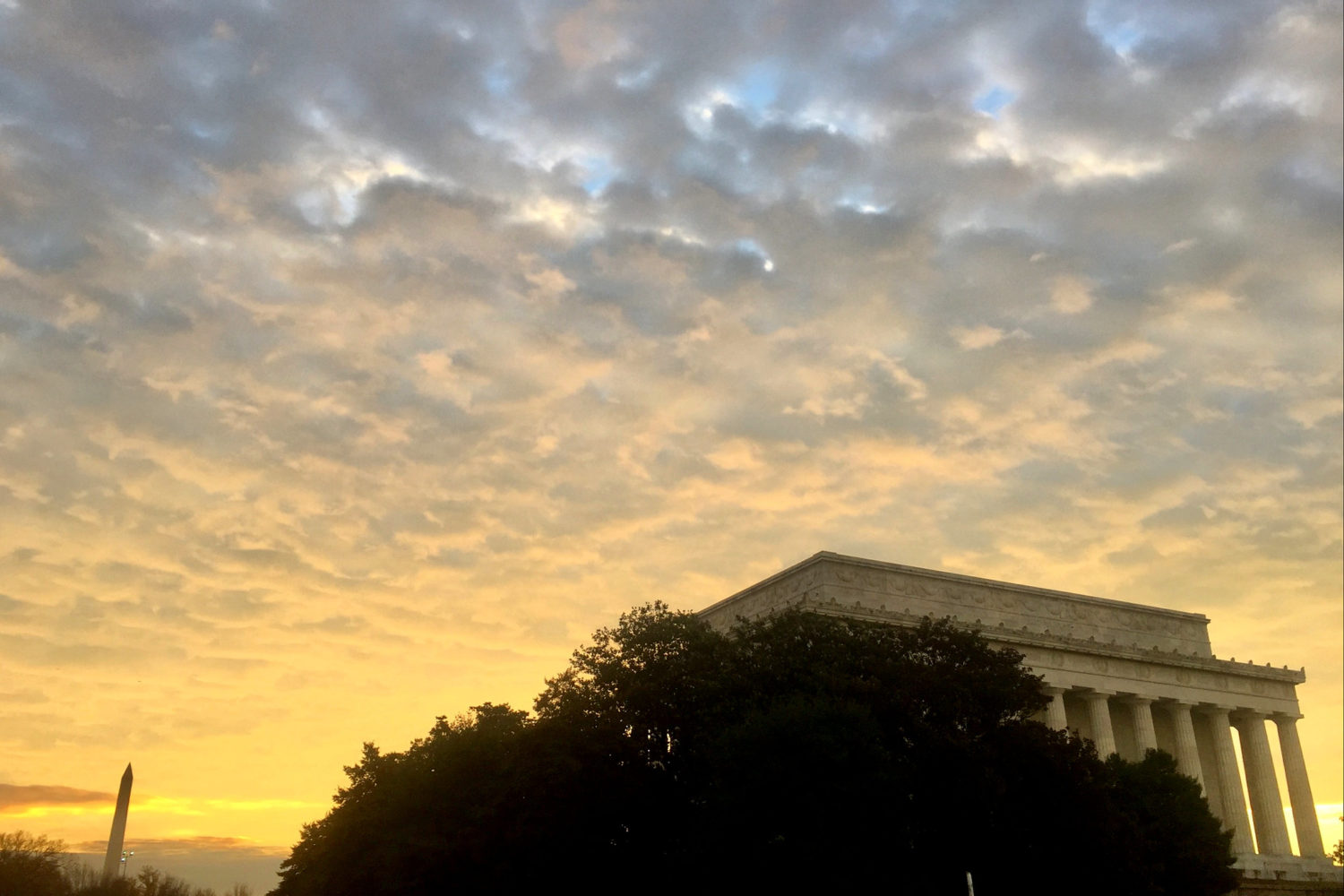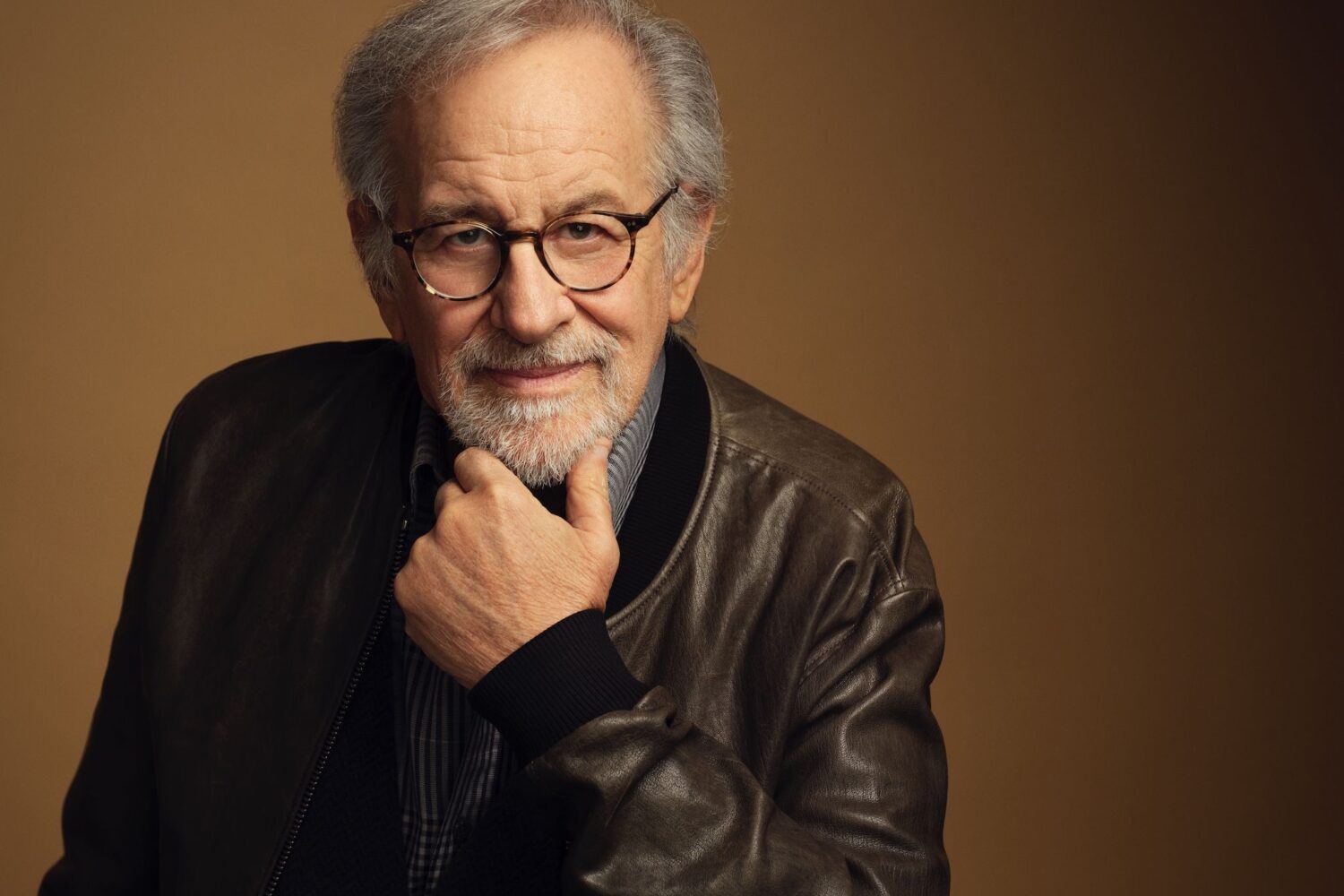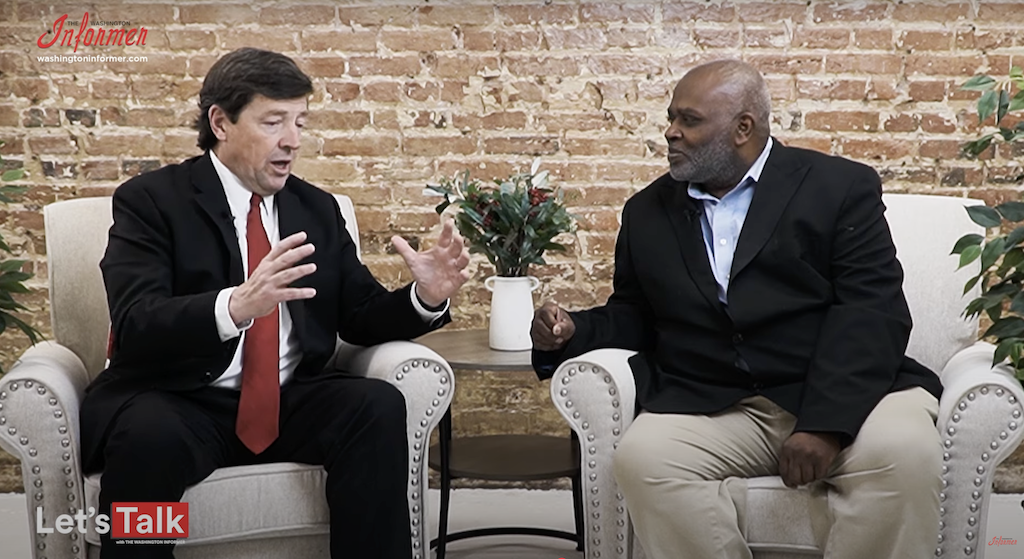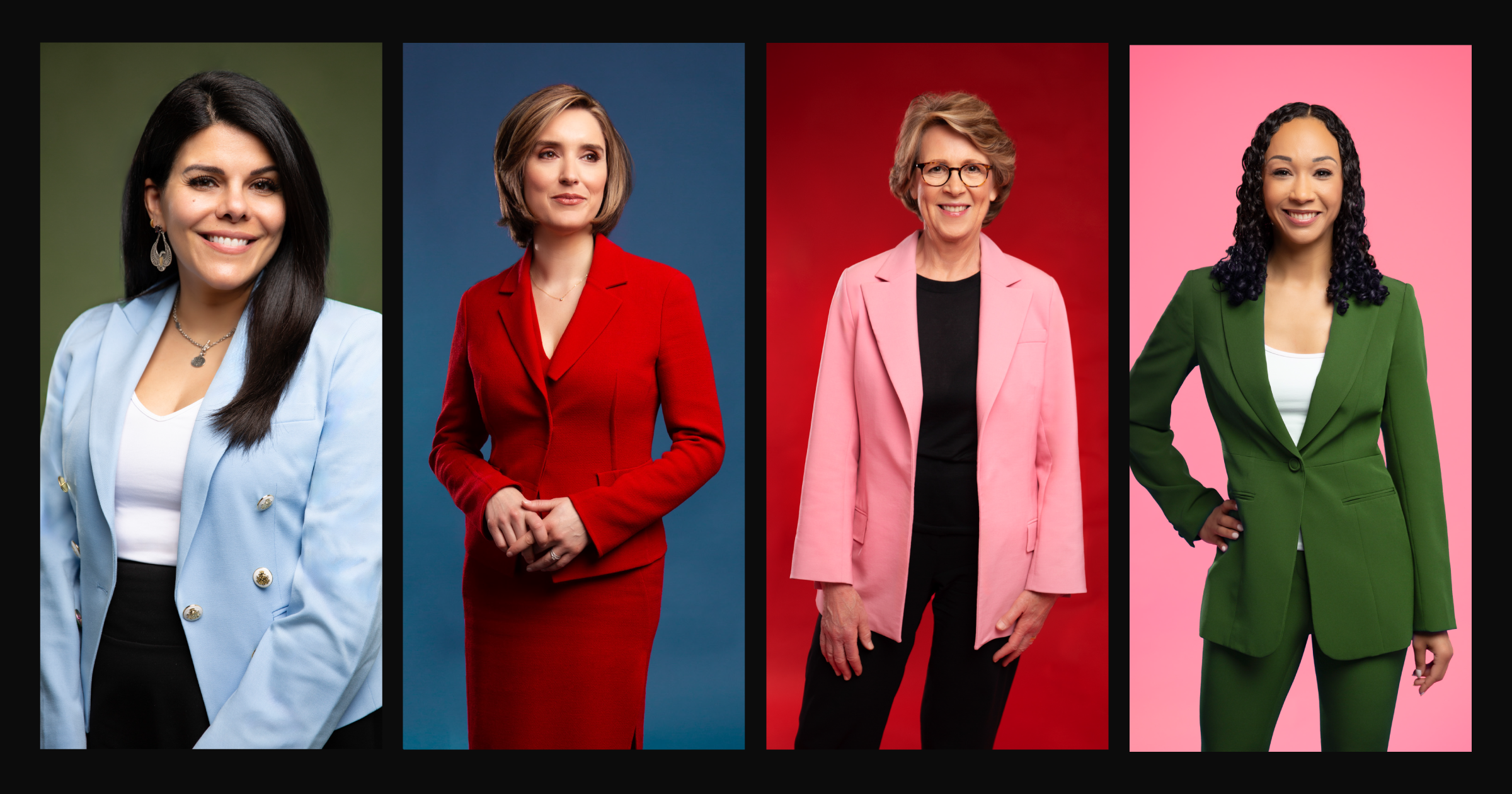Wilton Gregory, the new archbishop of Washington, works out of a plain-looking red-brick facility in a wooded part of Hyattsville near the Maryland/District line. It’s not exactly the Vatican. But the two-story structure—which houses the administrative offices of the Catholic Church in DC and five Maryland counties—can be a bit intimidating all the same, especially for a visitor escorted to the archbishop by a stern priest who doesn’t say a word as he guides the first-timer to the meeting room.
Luckily, when Archbishop Gregory strides in, he proves a much more relaxed presence. A native Chicagoan and the former archbishop of Atlanta, the 71-year-old cleric was named to his current post by Pope Francis in April. It was a less-than-ideal moment to take the job: His immediate predecessors, cardinals Donald Wuerl and Theodore McCarrick, resigned amid the Church’s sexual-abuse crisis. (McCarrick was defrocked for alleged sexual misconduct; Wuerl was accused of mishandling abuse claims.)
Archbishop Gregory is also Washington’s first African American archbishop, which is no small résumé point: The area’s Catholic population is 15 percent black, compared with 3 percent in the US overall. With all of this in mind, we asked him about his Chicago roots, his leadership style, and how he plans to steer the archdiocese through this difficult time.
I attend a diverse parish in Northeast DC, and everyone there is excited about having an African American archbishop and curious about what that means for the local black Catholic community. Having come from another center of black culture in Atlanta, what is your approach?
One of the first weekends that I went to St. Augustine [Catholic Church], I celebrated with them, and they wanted me to know their heritage, to know they were the premier African American parish in the archdiocese, established by freed black people in 1858—they’re proud of their heritage. But they also said that now I’m a part of that heritage. That after years of struggle, I come into their lives as a native African American who is their pastor. But not just their pastor—the pastor of the entire archdiocese. So there’s a great sense of pride and support I felt immediately. You can live a lifetime on that kind of positive welcome and warmth.
How much can we expect to see you out and about in the community at different parishes and schools?
I have 139 parishes. I have to get to all of them—and I will get to all of them. But I have to make sure that in my service I’m present to all of the archdiocese, because that’s on my decree.
Before we talk about your religious philosophy, I want to ask about your management philosophy. When you get a job like this, do they teach you that aspect of things? Are there classes for that?
When you get the call, you’re on your own. It’s like riding a bike: You have to learn how to ride, and eventually you have to take off the training wheels. When a man enters the seminary to study to become a priest, there are all kinds of preparatory classes. But after he’s ordained, that’s when he learns how to be a priest, because then he’s inserted into a parish and has to become a part of that parish. He has to learn the parish’s history and heritage and encounter the people. That’s similar to becoming a bishop. They give you new clothes and tell you, “Go find out how you can care for the people entrusted to you.” But there’s no class. It’s not like becoming an attorney, where you go to class and then you go to practicum. There is none.
Who were some of your greatest mentors? Who did you learn from along the way?
My mentor for being a bishop was Cardinal Joseph Bernardin. I was his auxiliary. Anything I do well as a bishop I place at his feet. Anything I goof up I learned on my own. He was a mentor and a friend and a father and a brother. Just watching him being a bishop taught me a lot—how he handled people, how he approached difficulties, how he sought to resolve issues and respond to needs.
I’ve read that Cardinal Bernardin was criticized at times because he wasn’t afraid to make decisions—giving laypeople positions of authority, for example—that might upset more conservative Catholics.
One of his trademark ventures was the Common Ground effort: inviting people who had often diametrically opposed opinions on Church issues to talk with each other. Before Pope Francis said that you’ve got to encounter people, [Cardinal Bernardin] was saying, “People have to talk to each other.” That got some serious pushback.
One of the fastest-shrinking groups in the Church is millennials, people my age. Is that of concern to you?
It’s one of the things that cause me to lose sleep at night. How can I reach out to your generation? What can I say to young people? Evangelization is not just talking—it’s doing. How can I witness in such a way that it catches the attention of young people?
Speaking of young people, one thing that came up during the Brett Kavanaugh hearings last year was whether there was an issue with the culture at local Catholic all-boys high schools.
Well, I think it is part of a larger cultural issue. How do you help young men grow up with a sense of their own worth but with a capacity to respect women? To use a related example, how come we so often read about our sports heroes being abusive to their wives and girlfriends? Now, you can say, “Well, he can’t divorce his football training—he’s been trained to be aggressive on the field.” In educating a young man, is it possible to train him to be aggressive, assertive, bold, but not abusive? Part of training a young man is to help him develop those male qualities that will make him a good husband, father, provider, supporter, protector, but to develop that capacity that allows him to be tender and compassionate. It’s a balance.
In an April Post article that discussed the challenges you’re facing in the wake of Washington’s Catholic sexual-abuse scandals, the reporters wrote, “Many Catholics who haven’t left the church are fed up—withholding money since last year from their dioceses and demanding more action, leadership and transparency.” How do you plan to act as a leader at a trying time like this when Catholics are looking for answers?
One of the things that I learned from Joe Bernardin and that I witnessed in Pope Francis is that their actions follow the engagement they have with their people. They don’t come in with a set program. The program and the procedures they follow build on what they have heard from their people. So that’s why I’m trying to get around to as many of the parishes [as possible], to have many opportunities to listen to the people, because it’s from what I hear that I can then respond in a positive way to the pastoral needs of the Church.
This article appears in the October 2019 issue of Washingtonian.

